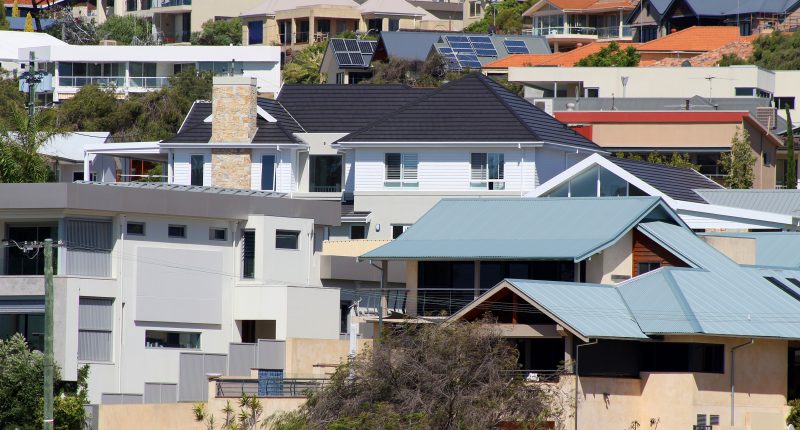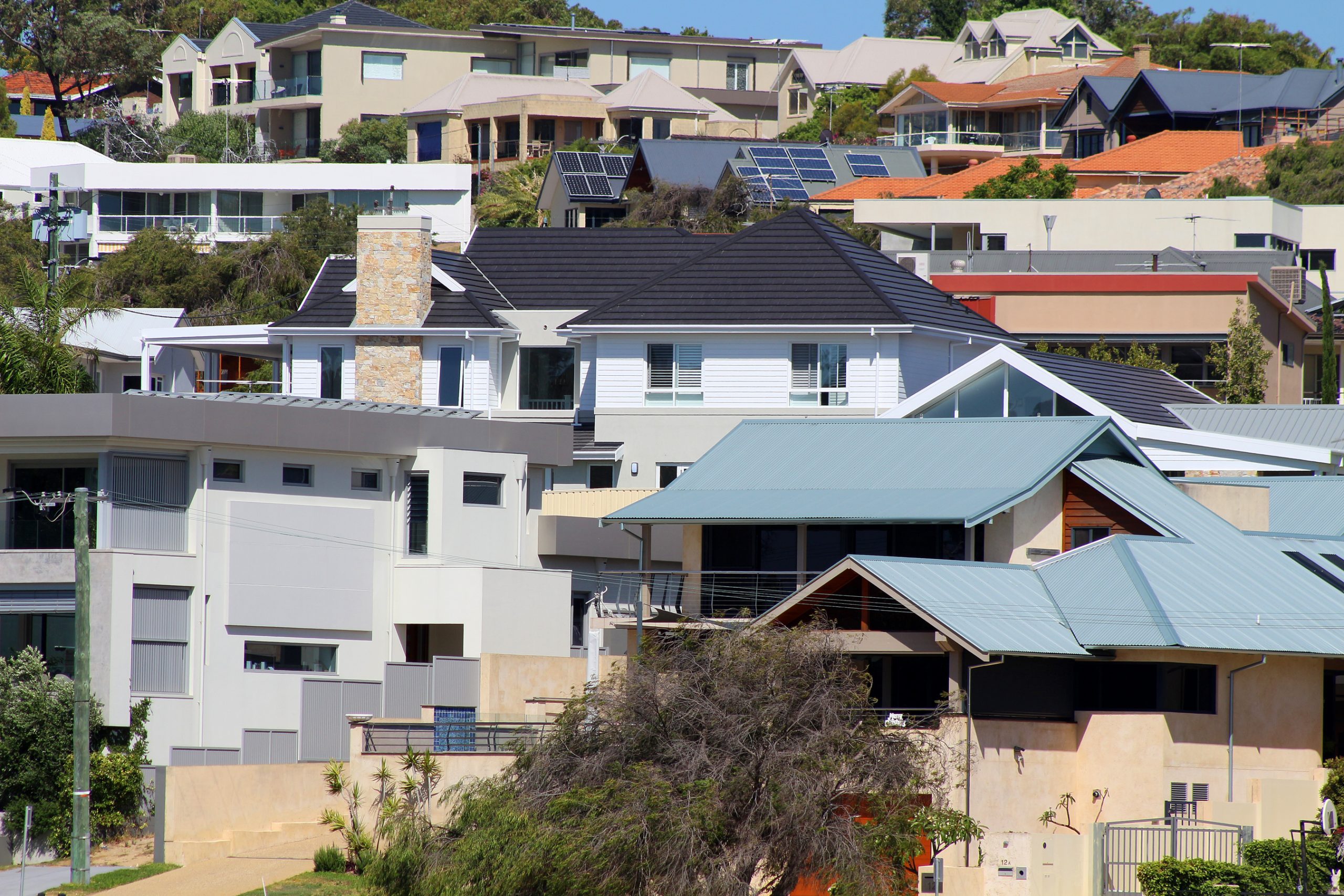- Dipping into superannuation to buy a house has been strongly discouraged in a report conducted by the McKell Institute
- Reports claim money from supers would inflate the cost of houses in an economy already lagging behind the property market in the wake of record-low interest rates
- The report was conducted in response to Liberal MP Tim Wilson, who suggested people should get access to their superannuation for the purpose of a home deposit
- The report modelled the economic domino effect and found the proposition would add up to $160,000 to the cost of houses
Dipping into superannuation to buy a house has been strongly discouraged in a report conducted by the McKell Institute.
‘Mortgaging our Future’, the titled report, claimed money from supers would inflate the cost of houses in an economy already lagging behind the property market in the wake of record-low interest rates.
The report was conducted on the back of a preposition by Liberal MP Tim Wilson, who suggested Australians should be given access to their superannuation for the purpose of a home deposit.
The report modelled the economic domino effect and found the proposition would add up to $160,000 to the cost of houses.
For buyers in Sydney, they would see a 4.6 per cent rise, equating to an additional $69,000 dollars per house where the median price for a house is one and a half million dollars.
For buyers in Perth, the most affordable city to buy a house according to the NHFIC, the price would increase by 18.8 per cent or $113,000 where the median price is just less than $600,000.
As the capital city with the least affordable houses in comparison to its income earners, Hobart prices would inflate 22.8 per cent, adding $160,000 to the median price of $700,000.
The report also found those who invested in their own property through the super scheme would be worse off than those who did not.
According to the report, the average returns in a super fund are superior to the average return on a property.
“Homes have already become unaffordable for millions of Australians and allowing super balances to be spent on house deposits would make things so much worse,” McKell Institute Executive Director Michael Buckland said.
“The Tim Wilson proposal would pour fuel on the fire of our housing market at exactly the time when we are desperate for a little calm.
“Super-for-housing would mean first-home buyers handing their hard-earned retirement savings to existing property owners when they would be better off investing them in super.
“Young Australians need their retirement savings quarantined and compounding. Using these savings to fuel yet another housing market feeding frenzy would be policy madness,” Mr Buckland concluded.







